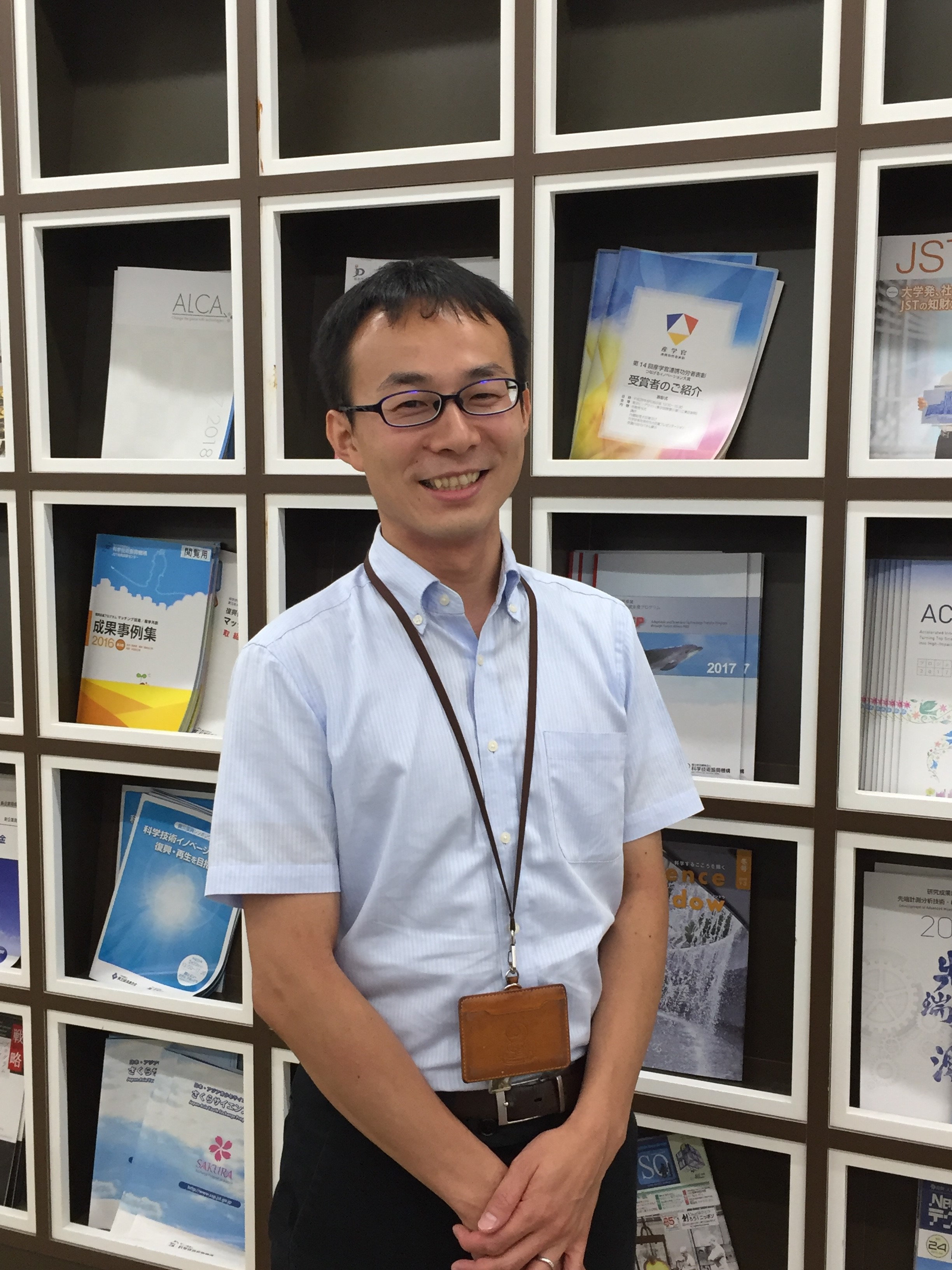
Having Ph. D. in Engineering from the University of Tokyo in 2008, I worked as a museum science communicator and as a director of basic research funding program at a government funding agency.
I felt the division between researchers in natural sciences, science policymakers, and science policy analyzers. I fully understands researchers in natural sciences as I studied solid-sate physics by training, but did not sufficiently understand policymakers and analyzers. When exploring to solve this, I learned that I am entitled to study in academia by taking leave of absence. Comparing the relevant programs at a few Japanese universities, I chose the GRIPS STI Ph.D. program as their program allowed me to take such classes as developmental economy, public policy, and diplomacy.
I analyzed how funding programs affect research diversity. I found the government views the programs through index and frameworks, and universities count the number of papers born by them. Also, comparing the mission-oriented and curiosity-driven research funding, I concluded that the former contributes more effectively to the diversity of research than the latter.
I sent Professor Jun Suzuki, my main mentor, a research progress report once a month. His careful comments on my draft reports led me to learn the ABC in writing papers on STI policies, which was exactly what I wanted to learn while at GRIPS. He returned to me with the questions that are normally raised in in STI policy research world. Professor Tsukada, my second mentor, also taught me the econometric analyzing method and how to use analytical software.
As I read many books that were totally different from those I had known, and the materials were mostly in English, I was very busy to catch up with the home works. The classmates were in variety in nationality, expertise, and background, which gave me a good experience of having lively discussions with them during the class hours.
My study at the Ph.D. program at GRIPS STI program expanded my views in performing my job. I now understand the social scientists' views, or the limit or ambiguity of social sciences in that they are different from the natural sciences that always need to be proved. I would not have understood without studying social science that the level of funding does not always bring the same level of results. After studying at GRIPS, I would say that they are somewhat related.